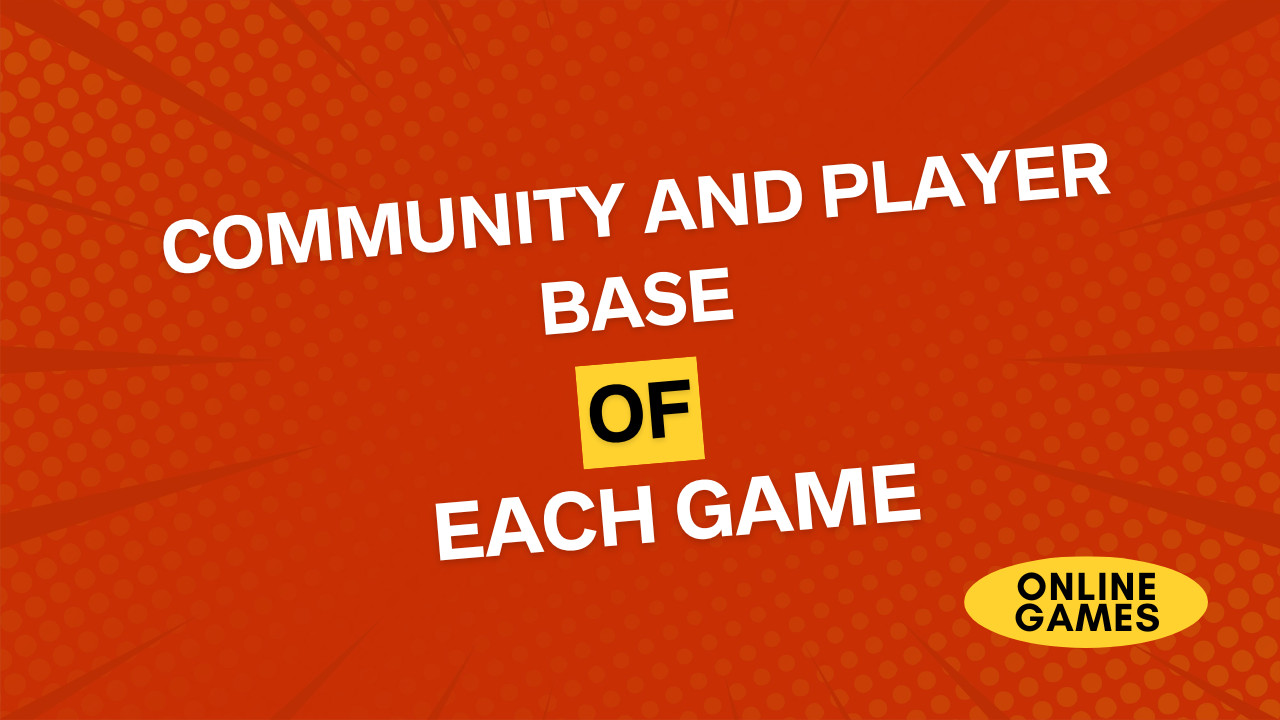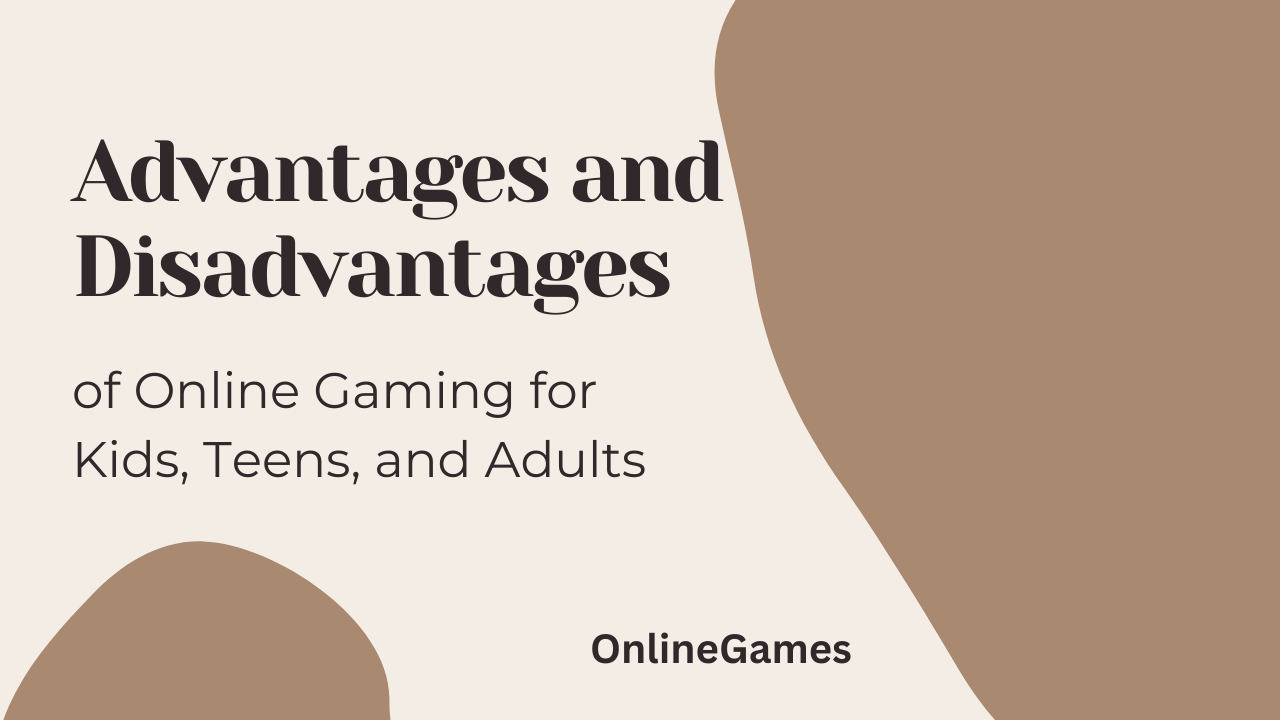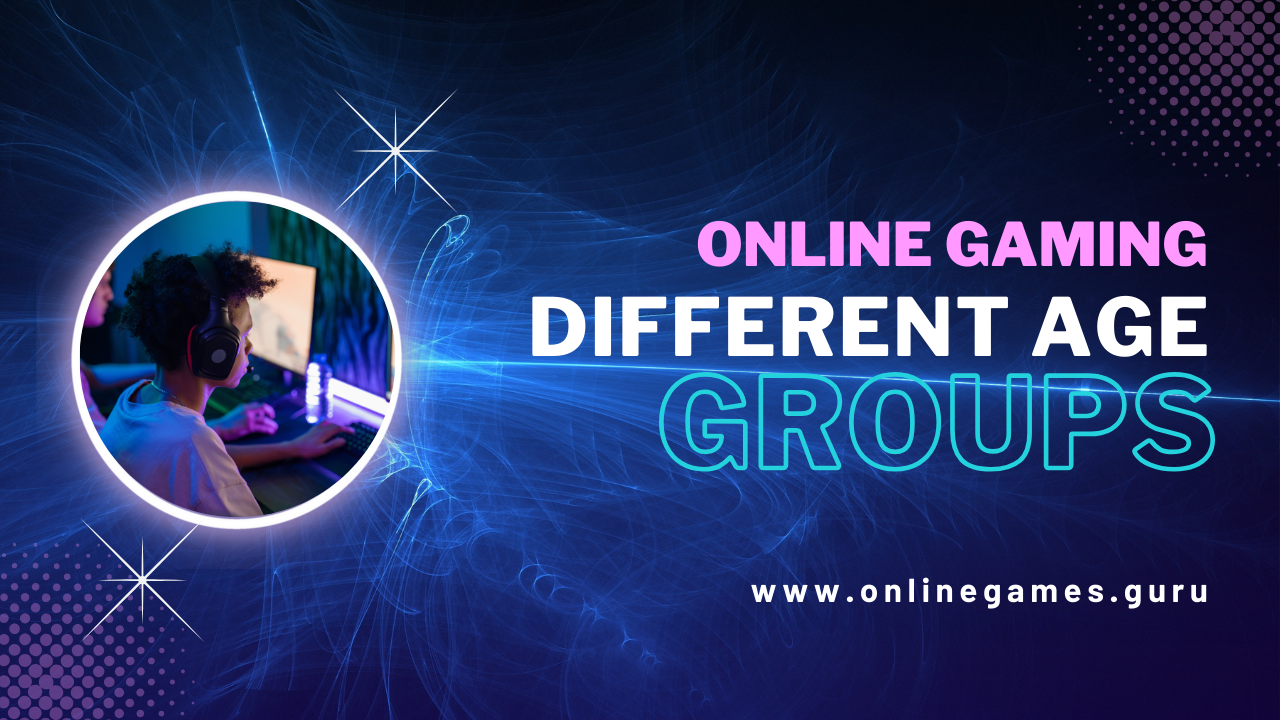The gaming community plays a pivotal role in shaping the experiences and longevity of video games. Each game fosters a unique player base with its own culture, preferences, and engagement levels. This article explores the diverse communities and player bases of popular games across different genres, highlighting how these communities contribute to the overall gaming experience.
Role of Community in Gaming
Communities within video games encompass a diverse range of players who share a common interest in a particular game or series. These communities often form around shared gameplay experiences, strategies, fan creations, and interactions within online forums, social media platforms, and multiplayer environments. The strength and vibrancy of a game’s community can influence its popularity, ongoing support from developers, and the creation of user-generated content.
Community Dynamics in Popular Games
Multiplayer Online Battle Arenas (MOBAs): League of Legends and Dota 2
League of Legends and Dota 2 exemplify the importance of community in MOBAs, where players collaborate and compete in strategic battles. Each game has a dedicated player base that engages in tournaments, livestreams, and community-driven events. The communities contribute to ongoing discussions about gameplay balance, meta strategies, and the evolving competitive scene, fostering a dynamic environment for players of all skill levels.
First-Person Shooters (FPS): Call of Duty and Overwatch
Games like Call of Duty and Overwatch attract large, passionate communities centred around fast-paced multiplayer gameplay. These communities thrive on team coordination, skill-based matchmaking, and seasonal updates that introduce new maps, modes, and cosmetic items. Players often form clans, participate in esports competitions, and share gameplay highlights through streaming platforms, enhancing the social aspect of these FPS communities.
Role-Playing Games (RPGs): The Elder Scrolls V: Skyrim and Final Fantasy XIV
The Elder Scrolls V: Skyrim and Final Fantasy XIV cultivate communities of RPG enthusiasts who immerse themselves in rich storytelling, character customization, and expansive worlds. Community-driven forums and mods extend the longevity of these games, allowing players to share quests, mods, and role-playing experiences. Events such as in-game festivals and guild activities strengthen bonds among players and foster a sense of belonging within these expansive virtual realms.
Sports Simulation: FIFA and NBA 2K Series
The FIFA and NBA 2K series attract a global community of sports enthusiasts who enjoy competitive gameplay, team management, and online multiplayer matches. Community engagement revolves around discussing player ratings, sharing gameplay strategies, and participating in virtual leagues and tournaments. The robust online infrastructure of these games enables cross-platform play and real-time updates, ensuring that the communities remain active throughout the year.
Impact of Community on Game Development
The feedback and engagement from gaming communities often influence game development decisions, ranging from balancing gameplay mechanics to introducing new content and features. Developers regularly interact with community forums, conduct player surveys, and host feedback sessions to gather insights that shape future updates and expansions. This collaborative approach enhances player satisfaction, fosters long-term player retention, and strengthens the overall community ecosystem.
The community and player base of each game significantly contributes to its success and longevity in the gaming industry. Whether through competitive esports tournaments, creative fan content, or active online discussions, gaming communities enrich the overall gaming experience and create lasting bonds among players worldwide. Understanding the dynamics of these communities provides valuable insights into the diverse interests and preferences that drive the evolution of video games.










